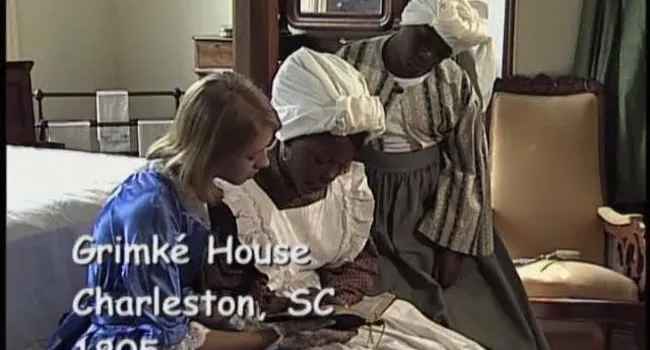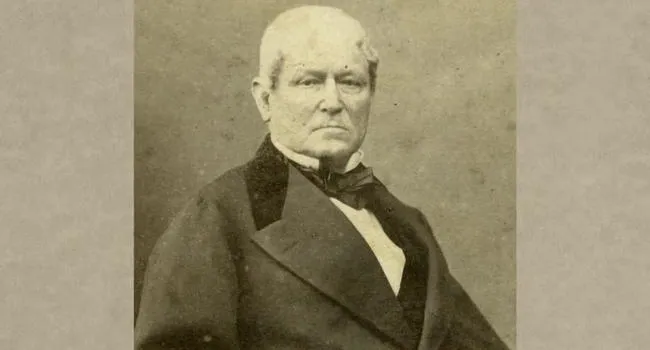
The Grimké Sisters | Idella Bodie's SC Women (FULL VERSION)
Video
From the Revolutionary War through modern times, the programs are a testament of the bravery and sacrifices of women who risked their own lives to help our state. The Story of the Grimké Sisters...






